Health insurance rates are set to spike again in 2019, due largely to the repeal of the Affordable Care Act's individual mandate, which required all Americans to obtain health insurance or pay a tax penalty.
The individual mandate was repealed as part of Donald Trump's tax plan, which passed late last year.
The Congressional Budget Office predicts that premiums could rise as much as 10 percent—a repeal of the individual mandate was part of the Tax Cuts & Jobs Act signed into law by President Donald Trump last December. Last week, Congress sent a $1.3 trillion spending bill to the president's desk which contained no further action on preventing insurance premiums from rising.
Experts have warned that without healthy people paying into insurance pools, premiums for plans with broad coverage would become more expensive. Rates for 2019 will be announced right before the midterm elections in November, and lawmakers are scrambling to assign blame.
But with the recent surge in support for Democrats, who have won nearly 40 special elections since Trump took office, Republicans may find themselves on the defensive.
Polls have consistently shown Democrats holding double-digit leads on generic ballots for control of the U.S. House of Representatives.
Trump's effort to ease regulations on short-term "junk" insurance plans that offer little in the way of comprehensive coverage further complicates matters, as these plans "prescreen potential enrollees for pre-existing conditions, and they do not need to cover such things as prescription drugs," writes Helaine Olen in The Washington Post.
In short, these plans are a waste of money for consumers and a cash cow for insurers.
While current regulations limit sign-ups to three months of coverage, the Trump administration is proposing allowing a household to purchase such a plan for a year. These policies are allowed to prescreen potential enrollees for pre-existing conditions, and they do not need to cover such things as prescription drugs. If this comes to pass, this will also almost certainly put more pressure on the exchanges.
Under the Affordable Care Act, marketplace health plans are required to cover both pre-existing conditions and prescription drugs, amongst other things. Without the individual mandate, insurers will have difficulty offsetting the costs of these rules if people are permitted to opt-out of obtaining coverage.
There is one caveat, however. Most Americans have insurance through either their employer or through federal programs like Medicare and Medicaid. But for individuals who are self-employed, or who don't have employer-based coverage, or who make too much money to qualify for Medicaid, rate increases would be particularly burdensome.
Changes to Medicaid will also exacerbate next year's rate hikes. The Trump administration has voiced its support for work requirements and lifetime caps on Medicaid, which is a lifeline for people who are poor or too sick to work. Additionally, the majority of Medicaid recipients are children, who receive coverage under Medicaid's Children's Health Insurance Program (CHIP).


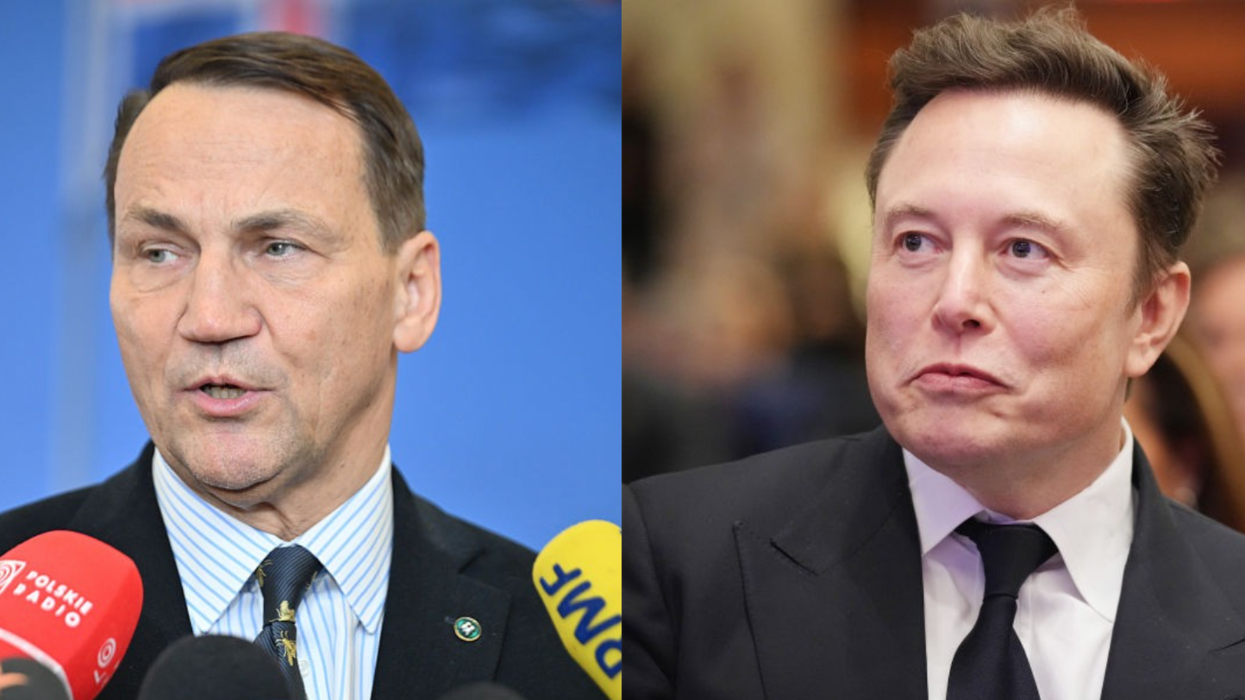



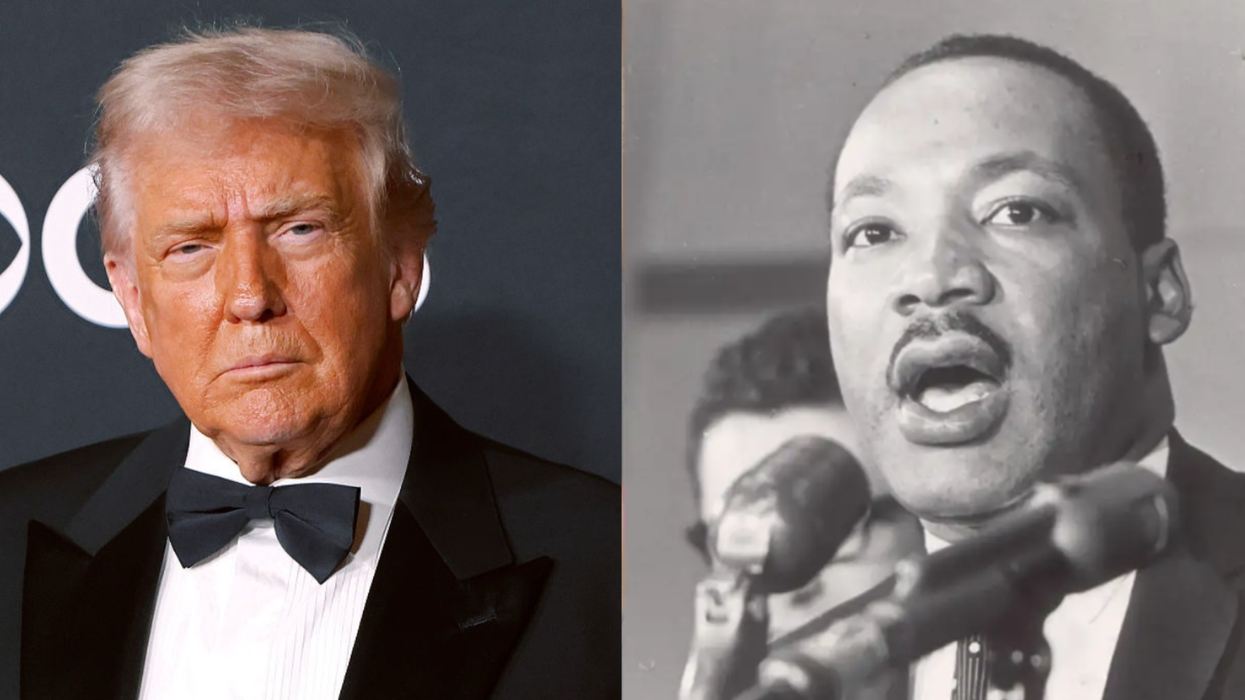


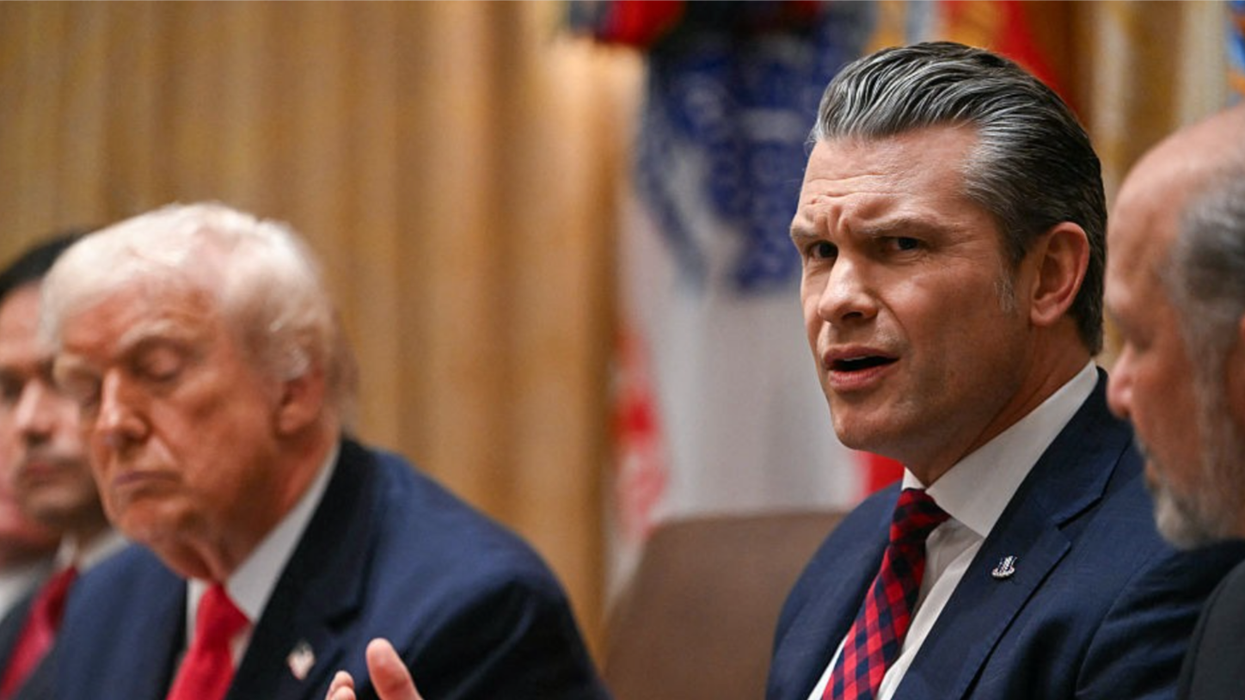
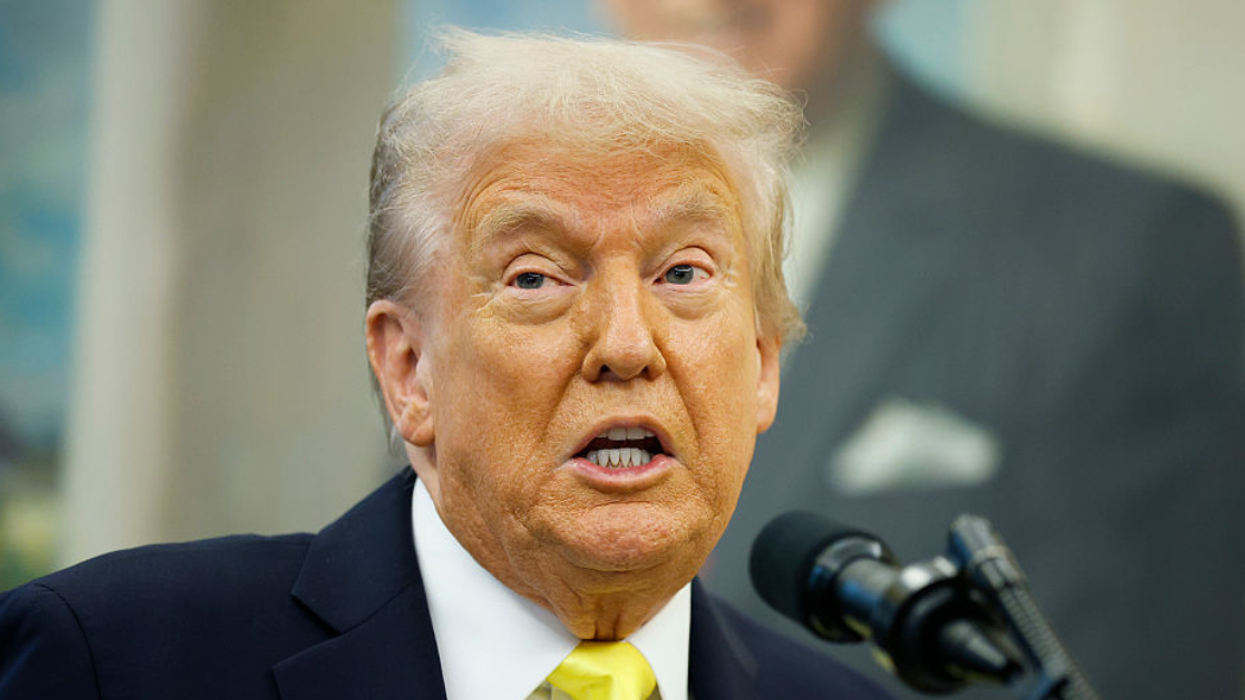
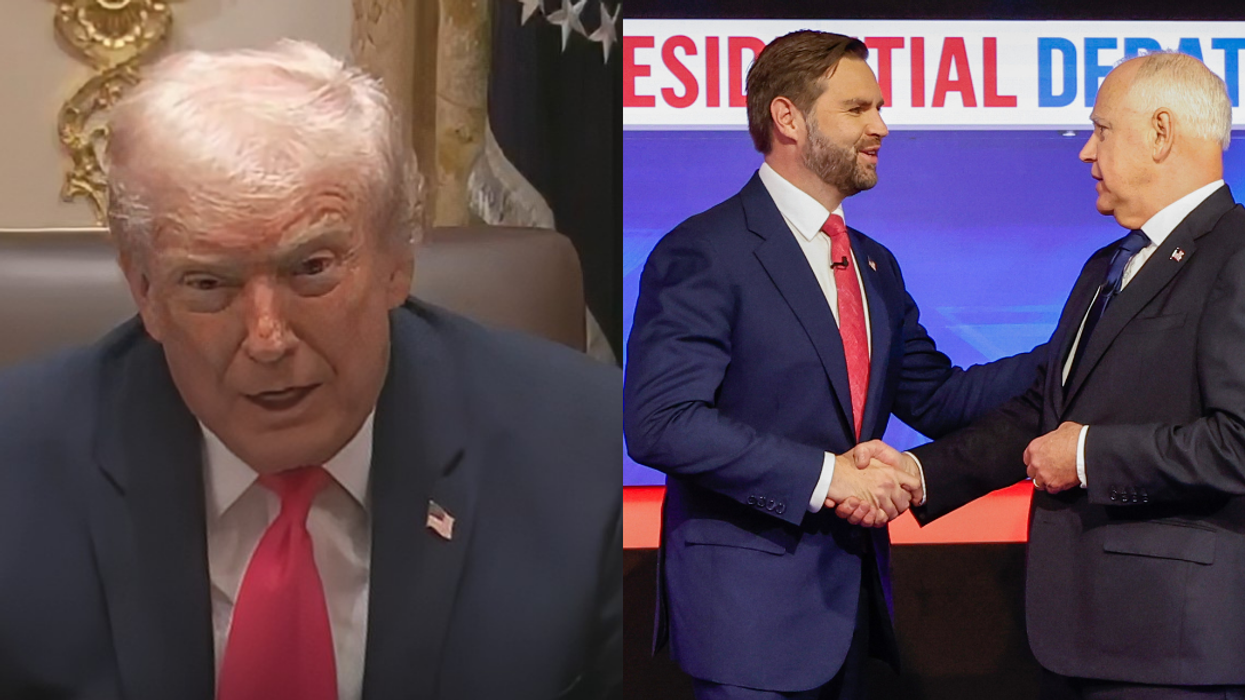

 J. Crew
J. Crew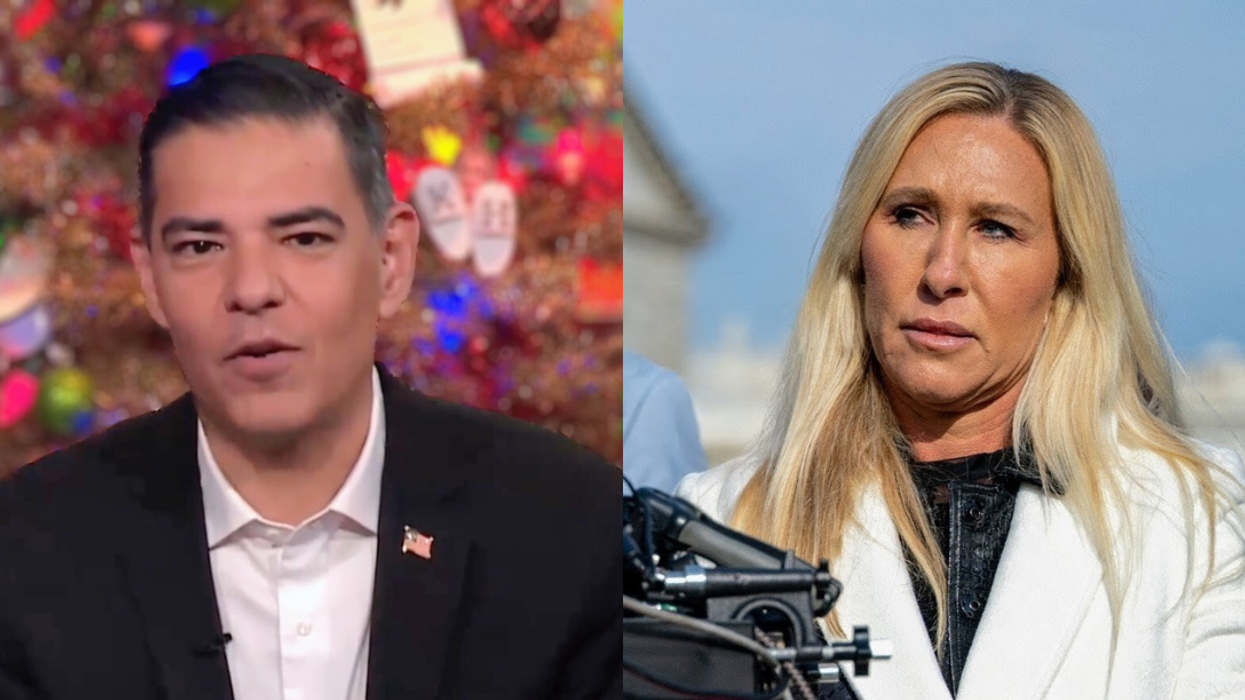
 @bravowwhl/TikTok
@bravowwhl/TikTok @bravowwhl/TikTok
@bravowwhl/TikTok @bravowwhl/TikTok
@bravowwhl/TikTok @bravowwhl/TikTok
@bravowwhl/TikTok @bravowwhl/TikTok
@bravowwhl/TikTok @bravowwhl/TikTok
@bravowwhl/TikTok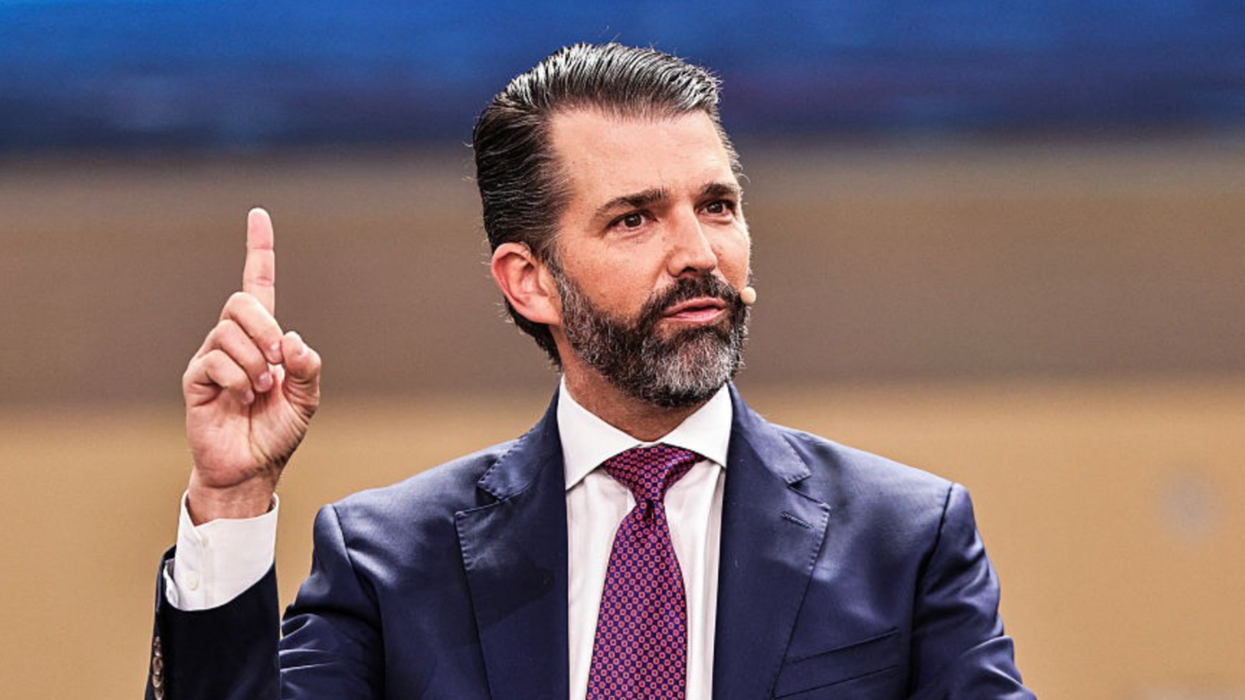

 wildlife mt GIF
wildlife mt GIF  Disney Perfect Loops GIF
Disney Perfect Loops GIF  Tired Music Video GIF by Elvie Shane
Tired Music Video GIF by Elvie Shane  Art Magic GIF by rubedox
Art Magic GIF by rubedox